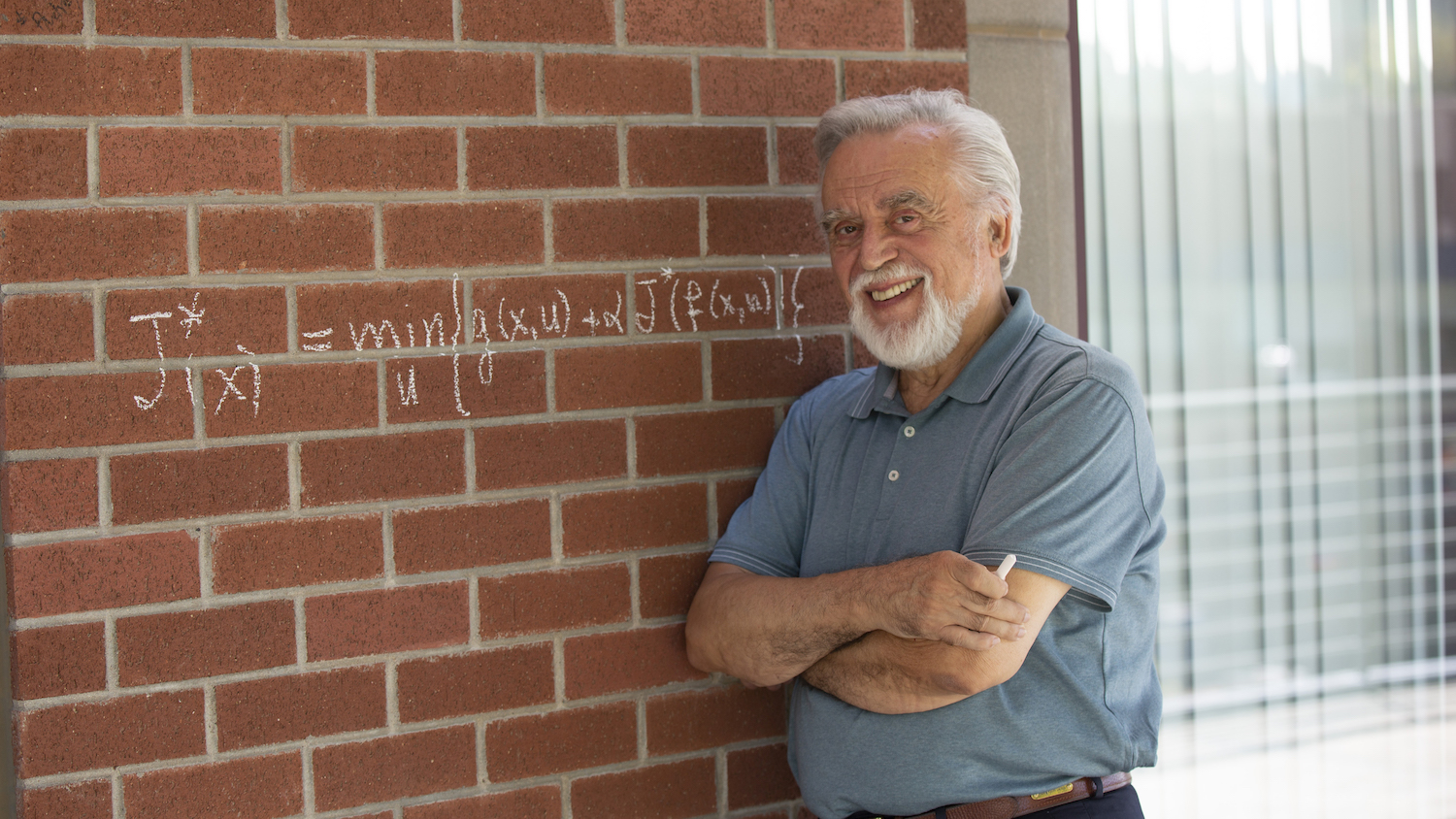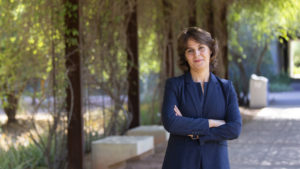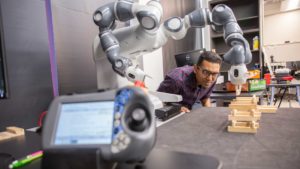National Academy of Engineering Member Dimitri Bertsekas joins ASU as the Fulton Chair of Computational Decision Making

Throughout his career, Dimitri Bertsekas has enjoyed engineering’s rich variety of challenges and how many of them can be viewed through a “unifying mathematical lens.”
An avid researcher, author and educator, Bertsekas has used this approach to contribute to advances in multiple research areas, including optimization, reinforcement learning, machine learning, dynamic programming and data communications.
In fall 2019, he joins the Arizona State University faculty as Fulton Chair of Computational Decision Making in the School of Computing, Informatics, and Decision Systems Engineering, one of the six Ira A. Fulton Schools of Engineering at ASU.
“I found ASU to be an exciting place for research where I can work with outstanding colleagues,” says Bertsekas.
Bertsekas has spent much of his career — since 1979 — as a faculty member at the Massachusetts Institute of Technology, where he held the position of McAfee Professor of Engineering.
At ASU, he’ll be teaching research-oriented seminars on the topics of optimization, optimal control, machine learning and artificial intelligence.
His main research focus at present is reinforcement learning — “a field that addresses large and challenging multistage decision problems, often with the use of neural networks and self-learning.”
Reinforcement learning is widely known for helping computers successfully learn how to play and win games such as chess and Go. While games have defined rules, real-world challenges often do not. However, Bertsekas says reinforcement learning includes a big enough pool of methods that students and researchers can begin to address engineering problems of enormous size and unimaginable difficulty.
Bertsekas has written numerous research papers and 17 books and research monographs on the topics of optimization theory and algorithms, dynamic programming and optimal control, data communications, parallel and distributed computation, and applied probability. His work has been recognized with many prestigious awards and honors over the years.
He was elected Member of the U.S. National Academy of Engineering in 2001 for “pioneering contributions to fundamental research, practice and education of optimization and control theory, and especially its application to data communication networks.”
Additionally, he has earned several key awards over the span of 20 years from American Automatic Control Council and from the Institute for Operations Research and the Management Sciences, known as INFORMS, an international society for operations research, management science and analytics professionals.
Bertsekas received the Richard E. Bellman Control Heritage Award for “Contributions to the foundations of deterministic and stochastic optimization-based methods in systems and control,” the 2014 Khachiyan Prize for Life-Time Accomplishments in Optimization, the 2015 George B. Dantzig Prize and the 2018 John von Neumann Theory Prize with his co-author John Tsitsiklis for their research monographs “Parallel and Distributed Computation: Numerical Methods” and “Neuro-Dynamic Programming.” Together with Tsitsiklis, they have also received the 1997 Prize for Research Excellence in the Interface Between Operations Research and Computer Science for “Neuro-Dynamic Programming.”
Bertsekas’ passion for education has also won him accolades. His educational efforts have been awarded the 2001 John R. Ragazzini Education Award for outstanding contributions to automatic control education and the 2009 INFORMS Expository Writing Award.
When he’s not teaching or researching optimization and control theory, Bertsekas enjoys the visual arts, particularly travel and nature photography. His original photos, which can be found on Instagram, have been exhibited at several locations within MIT. He looks forward to exploring the art scene and nature Arizona has to offer.
Monique Clement
Communications specialist, Ira A. Fulton Schools of Engineering
(480) 727-1958 | [email protected]


